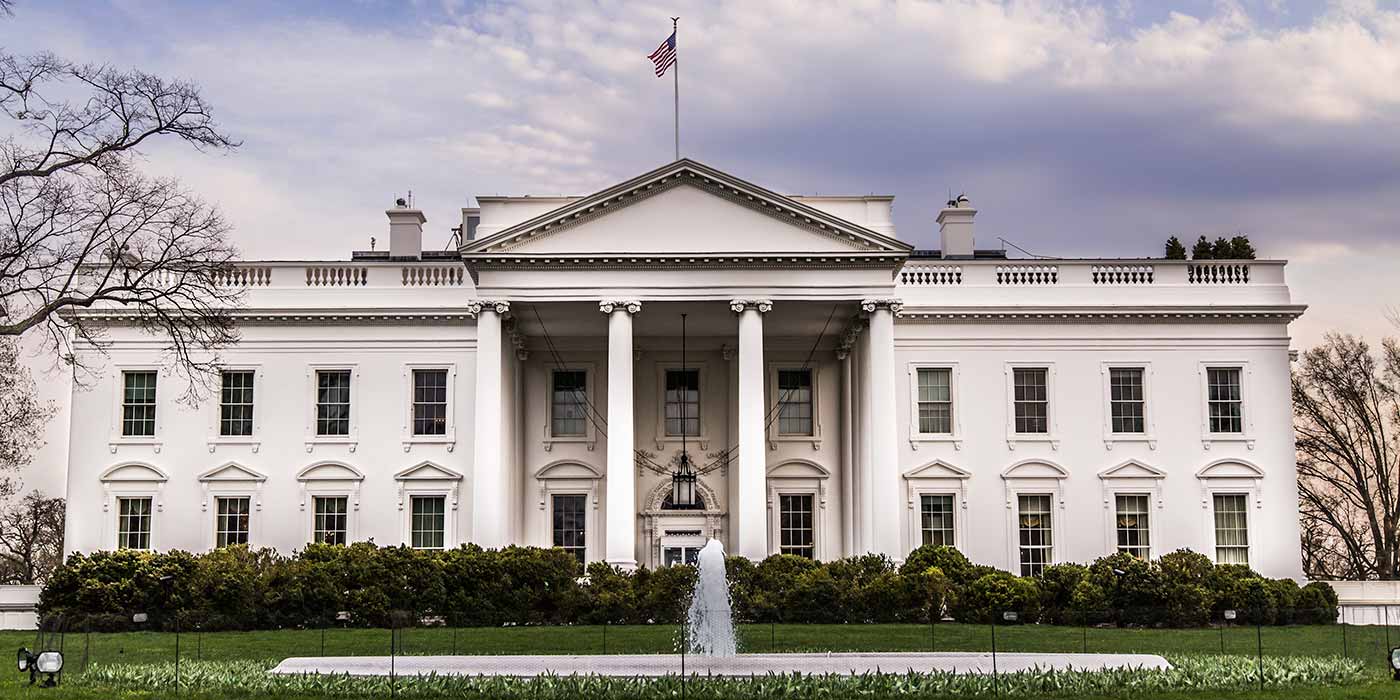
As an opioid epidemic sweeps the nation, President Barack Obama proclaimed Sept. 18 through Sept. 24 Prescription Opioid and Heroin Epidemic Awareness Week.
“This week, we reaffirm our commitment to raising awareness about this disease and supporting prevention and treatment programs,” Obama said in a White House press release. In his statement, Obama mentioned the harrowing results of the epidemic: Three out of four drug overdose deaths involve opioids. Since 1999, the number of overdose deaths involving these drugs has nearly quadrupled.
Opioids include hydrocodone, methadone and fentanyl.
Obama calls upon all Americans to observe the occasion with programs, ceremonies and activities that help raise awareness about opioid and heroin abuse.
During the week, the White House will host family members of those who lost their lives to addiction.
Additionally, U.S. attorney’s offices will participate in more than 250 different events to promote opioid awareness and prevention, per the United States Department of Justice. These gatherings will feature law enforcement officers, medical professionals and community leaders working together to educate area residents on the dangers of opioid abuse.
This week of observance is intended to combat an epidemic that killed more than 28,000 people in 2014.
“Let us ensure everyone with an opioid use disorder can embark on the road to recovery, and together, let us begin to turn the tide of this epidemic,” Obama said.
Government Takes Notice
The U.S. government has recognized the impact opioids have had on Americans.
On July 22, Obama signed the Comprehensive Addiction and Recovery Act of 2016. The bipartisan law authorized $181 million in funding to expand prevention efforts, training programs and treatment access.
The bill is a compromised version of two plans: One proposed by the Senate, the other by the House of Representatives.
The act helps establish community-based drug prevention coalitions and expand access to opioid overdose reversal medications and state-administered prescription drug monitoring programs. The law also aims to provide opioid-related education to the masses.
It was the first major federal addiction legislation in 40 years.
“This is a historic moment, the first time in decades that Congress has passed comprehensive addiction legislation, and the first time Congress has ever supported long-term addiction recovery,” Senator Rob Portman, R-Ohio, told The New York Times.
Midwest Rocked by Heroin Overdoses
Since July, opioid overdoses have greatly impacted the Midwest United States.
In August, the Cincinnati Metropolitan Area experienced 174 overdoses in six days. The Cuyahoga County Medical Examiner’s Office reported 52 fatal overdoses that same month — a record number for the area. The overdoses involved heroin, fentanyl and carfentanil.
Nearly 30 people in Huntington, West Virginia, overdosed on heroin within four hours in August.
The opioid epidemic has had devastating consequences nationwide. From 2000 to 2014, nearly half a million people died from drug overdoses, according to the Centers for Disease Control and Prevention. Seventy-eight Americans die each day from an opioid overdose.
Prescription Opioid and Heroin Epidemic Awareness Week calls to honor those who lost their lives to the epidemic and help fight for those who continue battling substance use disorders.
“During Prescription Opioid and Heroin Epidemic Awareness Week, we pause to remember all those we have lost to opioid use disorder, we stand with the courageous individuals in recovery, and we recognize the importance of raising awareness of this epidemic,” Obama stated.
Medical Disclaimer: DrugRehab.com aims to improve the quality of life for people struggling with a substance use or mental health disorder with fact-based content about the nature of behavioral health conditions, treatment options and their related outcomes. We publish material that is researched, cited, edited and reviewed by licensed medical professionals. The information we provide is not intended to be a substitute for professional medical advice, diagnosis or treatment. It should not be used in place of the advice of your physician or other qualified healthcare provider.